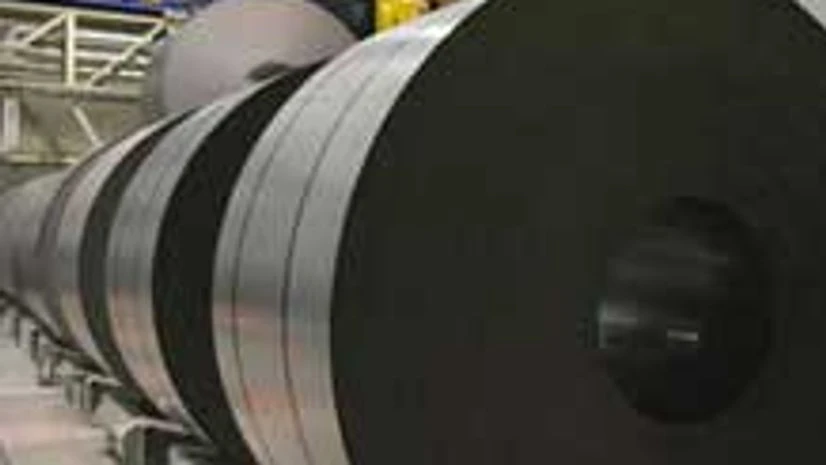The steel mills of Punjab, which have been demanding a reduction in taxes and duties for the past several years, now have something to cheer about, since the state government has accepted some of their demands.
The state government has decided to roll back the value-added tax (VAT) from the current 4.95 per cent to 2.5 per cent by restructuring the present VAT regime. It has also decided to reduce the entry tax on steel scrap from 5 per cent to one per cent, thus meeting major demands of the steel SMEs.
This will benefit the furnace, iron and steel rolling mills, re-rolling mills and pipe manufacturers located in the steel cluster of Mandi Gobindgarh and Ludhiana.
More From This Section
By giving relief to small steel rolling mills and furnace units, implementation of VAT has been linked to the consumption of electricity.
The new system requires factories to produce a minimum of one metric ton (MT) of finished products on consumption of 250 units of electricity, while for furnaces the minimum requirement is to produce one MT of ingot production with 750 units of electricity.
The new guidelines will be notified in January 2014 and will take effect in Febuary 2014.
According to R S Sachdeva, co-chairman of the Punjab Committee of PHDCCI, "It will lead to elimination of tax evasion, besides increasing production by encouraging flow of scrap and raw material into the state. With reduced tax on import of scrap there will be increased liquidity available with the manufacturer, which is very important for the viability of the unit."
But SMEs' funds get locked in because VAT refunds take time, and their request for an amendment in this area has not been accepted.
A steel miller from Mandi Gobingarh, who did not wish to be quoted, said that the difference between VAT and CST would now be only 0. 5 per cent (CST at two per cent and VAT at 2.5 per cent), but it would require substantial amounts of time to get a refund of VAT.

)
